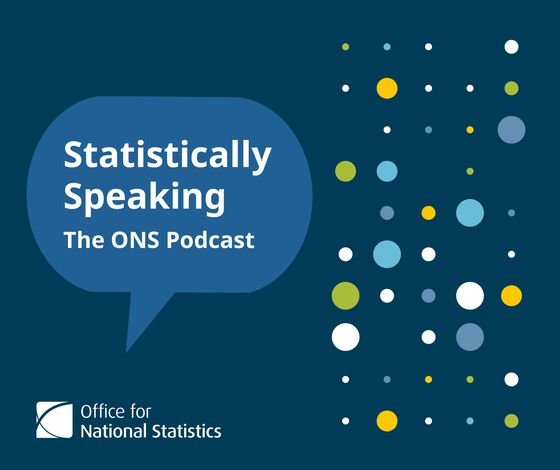Sociodemographic inequalities of dying by suicide

Reducing the number of people who die by suicide is of paramount importance. Every death from suicide is a tragedy, and behind every statistic is an individual, a family, and a community devastated by their loss. Today we have produced analysis estimating the rates of suicide by sociodemographic characteristics to understand which groups of people are at the highest risk. Here, Isobel Ward explains the research and why it is so important.
Read more on Sociodemographic inequalities of dying by suicide


